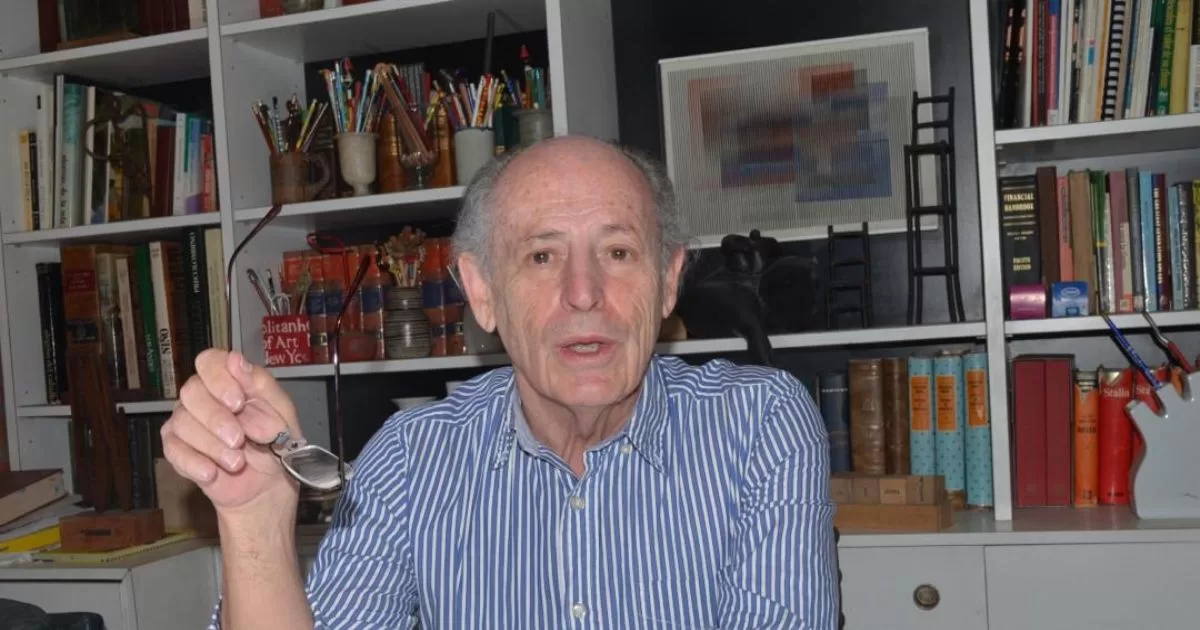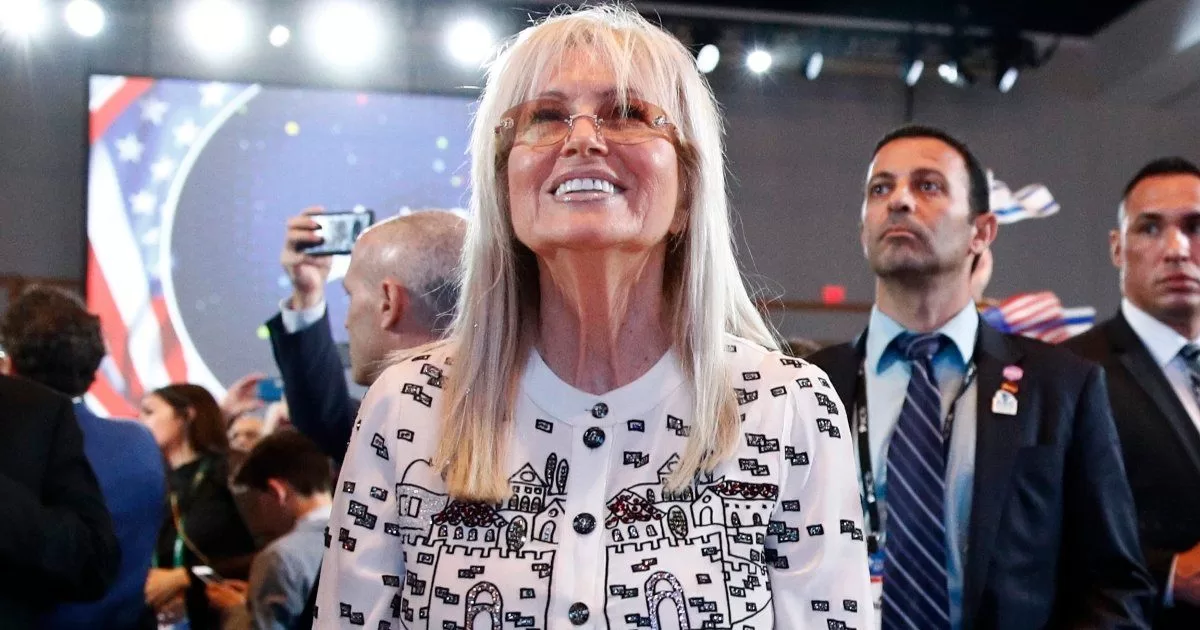CARACAS. – In the Barbados agreement, the map was drawn for the United States to relax sanctions against Venezuela as long as the regime complied with a series of commitments such as the release of political prisoners, the setting of the date of the presidential elections and the authorization of the candidates for free and transparent participation.
That was not fulfilled and now The US said it will not renew license 44, which makes some sanctions more flexible and whose deadline expires in April, unless the path of the democratic route is straightened.
This is the assessment of the Venezuelan economist and oil expert, Joseph Bull Hardywho added that the US clinging to the Barbados Agreement, endorsed by the opposition and the ruling party, gave a kind of advance in response to the requests that Maduro made for the sanctions to be lifted and the economy to perform better.
All this was in exchange for Nicolás Maduro fulfilling his commitment, “but what he did was ratify the disqualification of María Corina Machado, who won the opposition primaries with more than 90% of the votes. Which is why the US announced that it will not renew sanctions relief starting in April, although it has already reestablished some related to mining,” recalled the author of the book. Oil, Venezuela and the Persian Gulf.
Legal security in question
The disqualification of María Corina Machado was through a sentence in which there was no right to defense calling into question legal security and also affecting investors who require a clear position of respect for what was agreed at the political level before mobilizing drills.
The prominent analyst interviewed by the DIARIO LAS AMERICAS He said that the European Union, the United Kingdom and several countries in the region have also pointed out the limitation imposed on free, fair and transparent elections.
For the expert, this creates a situation of uncertainty in the economy because it is difficult for any oil company to be willing to invest until this panorama is clarified.
“The issue is particularly difficult because we are in an election year and certainly until now it seemed that the economy was beginning to improve because if crude oil production was going to grow, that raised some hope.”
Urgent oil pumping
He noted that what investors need is legal certainty and before deciding to execute the funds, they need to know that the sanctions can actually be lifted permanently.
In his opinion, a clear picture must be shown. “Venezuela urgently needs to increase its oil production because their economic situation is very precarious. According to OPEC figures, Venezuela only increased 16,000 barrels per day in 2023. Chevron recorded an increase, but Petróleos de Venezuela (PDVSA) pumping fell and the net effect was this figure. That is not enough and large investments are needed so that the country can begin to recover. “At the same time, the government also requires that the economy recover in order to be able to go to the elections that it promised to hold this year,” added the author of Venezuela and the Oil of Islam.
An unclear outlook
He emphasized that now there is no prospect of oil shortage. The United States reached the highest production point with 13 million barrels and Canada has also increased it. And it is expected that other producers will be able to enter the market. “But in the medium term, the US reserves will not allow it to maintain these production volumes indefinitely and other countries on the continent do not have sufficient reserves either. Therefore, Venezuela is indispensable. But that is something that must be promoted by providing legal security.”
Toro Hardy pointed out that Venezuela was always considered the safest and most reliable oil supplier. of international markets. In fact, every time conflicts occurred in the Middle East that threatened or effectively interrupted supplies, the world turned its gaze to the country. At this moment one of those conflicts is that of Israel and the risk that this could spread to the Middle East is present. On this occasion, the world wants to turn its gaze as before, but the country does not end up giving the messages that investors require, she emphasized.
Chevron seeks to recover debt
It is difficult to know what Venezuela’s real production volume is, but according to OPEC data it seems to be between 800 and 850,000 barrels per day, “very far from the million barrels per day that the Government had announced,” he explained.
“Chevron was perhaps the company that most influenced the US government and also that of Venezuela to allow these investments to be made. This company has significant crude oil reserves in oil fields in which it was able to increase production. Now, let’s understand one thing, his interest at the moment was to recover what is owed to him. Increasing production was the only way they had to recover those debts.”
However, he clarifies, if Venezuela does not comply with the commitments, the sanctions could be applied again and Chevron’s situation would probably not be favorable. Although until now he had only made limited investments while waiting for a more defined outlook.
With the largest proven reserves
The economist considers that Venezuela continues to be the country in the Western Hemisphere with the largest volume of proven oil reserves, with 300,000 million barrels, and in the face of this reality the country has the possibility of recovering its position as a safe and reliable supplier. It remains an extremely attractive country. “And its oil will continue to be vital for the Western Hemisphere for many years to come. Undoubtedly, if the country does not comply with the agreed agreements, over time other nations will displace it. And we must also consider that oil has a limited useful life because it will begin to be replaced by other less polluting energy agents,” indicated the consultant.
“At this moment, Venezuela would have a golden opportunity to take advantage of the circumstances arising from the possible crises in the Middle East and Russia’s invasion of Ukraine. Venezuela is called to play a fundamental role, but that depends entirely on what the Venezuelan government can do,” concluded the former main member of the PDVSA Board of Directors in the period 1996-1999.
(email protected)
Source: INTERVIEW WITH ECONOMIST AND OIL EXPERT JOSÉ TORO HARDY



